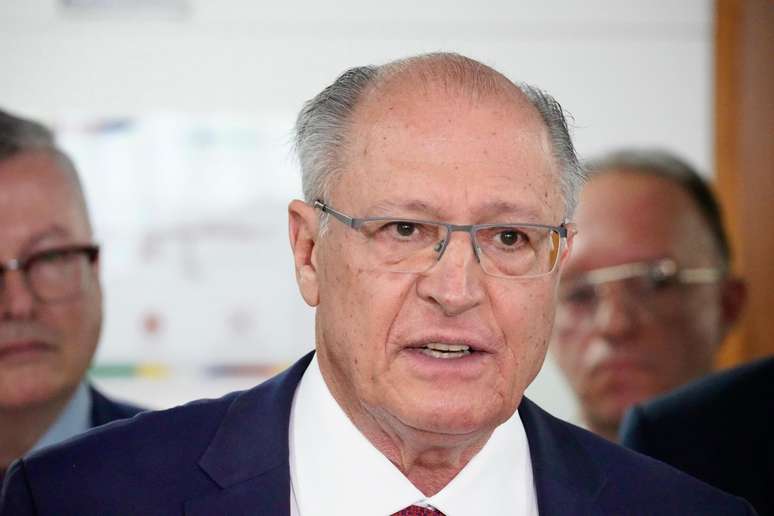Habemus Papam: a pope on the sofa
Directed by Nanni Moretti, Habemus Papam is an Italian film released in 2011 that explores the human and psychological aspect of the papacy. The feature film stars Michel Piccoli in the role of a new pope, just elected, who suddenly finds himself panicked about taking on his role. By refusing to present himself to the faithful gathered in Saint-Pierre Square, the character, in the throes of an existential crisis, is confronted with his own anxieties. The film adopts a serious and light-hearted tone and mixes introspection and humor to address the complexity of the papal office and the loneliness that can result from it.
Upon his release, Habemus Papam was a great success at the Italian box office, grossing 1.3 million euros in its first weekend, demonstrating the public’s interest in this singular portrait of a pope in crisis. This film was also perceived as an unusual incursion behind the scenes of the conclave, combining a respectful but at the same time bold approach to the life of the cardinals. However, this boldness also sparked mixed reactions within the Catholic community, with some believing that Moretti had ventured into sensitive territory by using psychoanalysis to address religious issues.
How did the Catholic community react?
For some Catholics, Nanni Moretti’s film was seen as a sincere and humane attempt to represent the weaknesses and doubts that a man can encounter, even at the top of the Church hierarchy. This is above all the opinion of Vatican Radio and the magazine Catholic Civilizationwhich he underlined the absence of irony or caricature in the representation of the pope and the conclave. Instead, they saw the film as a bittersweet reflection on human frailty, which did not seek to attack the Catholic faith itself.
Other influential voices in the community, such as Vatican expert Luigi Accattoli, spoke in favor of the film, calling it a “light comedy” to be approached with detachment. According to them, Habemus Papam he does not question faith, but is interested in the difficulty that a man can experience when faced with it the enormous responsibility that falls on him in becoming pope. These supporters insisted that the film did not deserve official condemnation by the Church, believing that such an approach would be counterproductive and would even further the promotion of the film by strengthening public curiosity.
However, this positive vision was not shared by everyone. The influential Vatican expert Salvatore Izzo called on Catholics to boycott the film. In a letter published by the Italian bishops’ newspaper Futurehe stated it Habemus Papam he approached a sacred topic such as the papacy too lightly. According to him, the film risked offending believers presenting a pope plagued by psychological doubts, which, according to him, were not compatible with the rock image on which the Church rests. Izzo criticized Moretti’s film for treating the papacy from too human a perspective, stressing that “faith cannot make up for natural weaknesses”, a statement he found at odds with the Church’s vision.
Furthermore, Msgr. Roberto Busti, president of the Catholic Association of Cinema Exhibitors (ASEC), criticized the introduction of psychoanalysis in the Vatican context, deploring that the film highlights an opposition between faith and human intimacy. He believed that the spiritual dimension of the papacy was not sufficiently taken into account, thus reducing the religious significance of the work.
A prophetic film
Furthermore, Habemus Papam has been called prophetic by some observers, as Il Fatto Quotidiano due to the disturbing parallels between the figure of Michel Piccoli and the reality experienced by Pope Benedict XVI. In 2013, two years after the film’s release, Benedict XVI created a historical precedent renouncing his function, a rare and significant decision in the history of the Catholic Church.
This unexpected resignation was reminiscent of the personal crisis described in the film, in which a pope finds himself overwhelmed by the weight of his office and the demands of his spiritual role. For some, Moretti’s fiction seemed to anticipate the discomfort and doubts that Benedict XVI might have felt when faced with the immensity of his task.
Source: Cine Serie
Ray Ortiz is a journalist at Gossipify, known for his coverage of trending news and current events. He is committed to providing readers with accurate and unbiased reporting, and is respected for his ability to keep readers informed on the latest news and issues.









